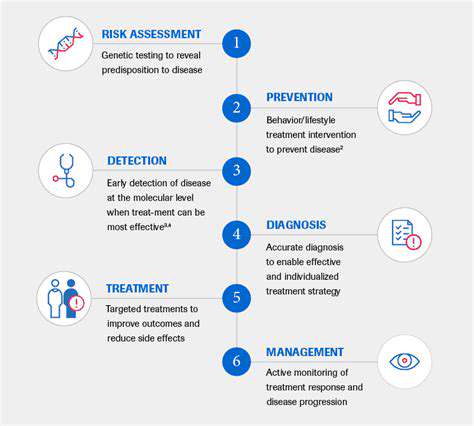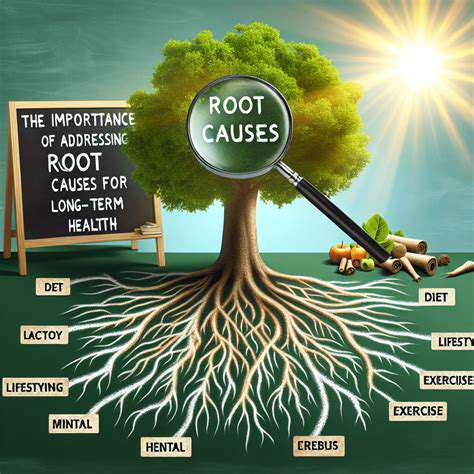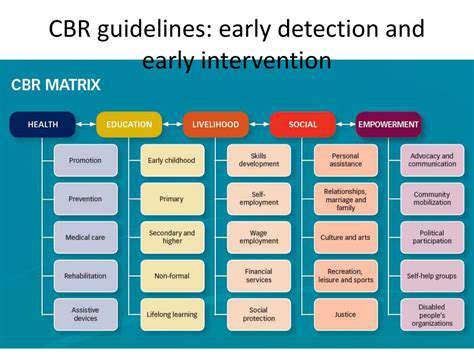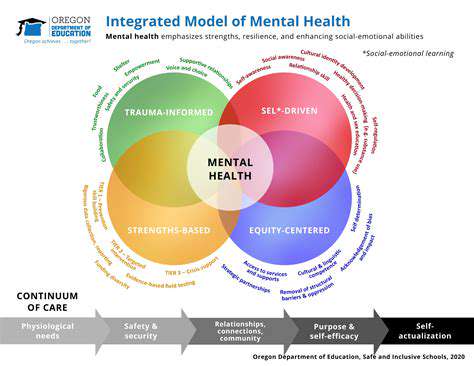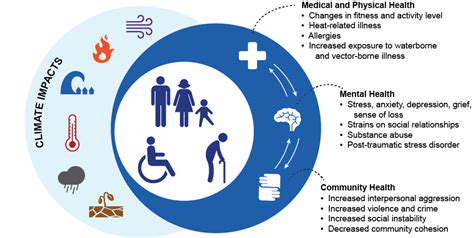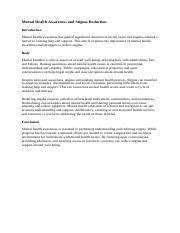The Link Between Gut Health and Mental Well being
The Impact of Gut Microbiota on Brain Function
The intricate relationship between the gut and brain, often referred to as the gut-brain axis, highlights the profound influence of the gut microbiota on various aspects of brain function. A complex interplay of neural, hormonal, and immunological pathways connects these two systems, meaning that a healthy gut microbiome is crucial for maintaining optimal brain health. This connection extends beyond simply digestion; the gut microbiota plays a pivotal role in neurotransmitter production, influencing mood, behavior, and cognitive function.
Emerging research suggests that imbalances in the gut microbiome, often characterized by an overgrowth of harmful bacteria or a deficiency of beneficial ones, can contribute to a range of mental health conditions. These imbalances can impact the production of neurochemicals like serotonin and dopamine, which play a vital role in regulating mood and motivation. Consequently, disruptions in the gut's microbial ecosystem can potentially affect mood regulation, leading to anxiety, depression, and other mental health challenges.
The Role of Inflammation in the Gut-Brain Connection
Chronic inflammation in the gut is a significant factor in the gut-brain axis. Inflammation, whether triggered by dietary factors, infections, or other underlying conditions, can trigger a cascade of events that affect the brain. The gut-brain axis is particularly sensitive to these inflammatory responses, as inflammatory molecules can directly impact the brain's signaling pathways, leading to a range of cognitive impairments.
Inflammation in the gut can also impact the blood-brain barrier, a protective shield that separates the brain from the rest of the body. Compromised blood-brain barrier integrity allows inflammatory molecules and other potentially harmful substances to enter the brain, potentially exacerbating neurological problems and contributing to mental health issues.
Dietary Interventions for Gut Health and Mental Well-being
Adopting a diet rich in fiber, prebiotics, and probiotics can significantly contribute to maintaining a healthy gut microbiome. Fiber acts as a food source for beneficial gut bacteria, promoting their growth and activity. Prebiotics are non-digestible food ingredients that selectively stimulate the growth and activity of beneficial bacteria in the colon, further supporting a balanced gut microbiome. Probiotics, live microorganisms, are beneficial bacteria that can be consumed to introduce beneficial organisms into the gut.
A balanced diet that includes a variety of fruits, vegetables, whole grains, and lean proteins is essential for optimal gut health. Limiting processed foods, excessive sugar intake, and unhealthy fats can help reduce inflammation and support a more favorable gut environment. By nourishing the gut, we potentially enhance the brain's well-being.
The Importance of Stress Management in Maintaining Gut-Brain Harmony
Stress significantly impacts the gut-brain axis, highlighting the profound connection between psychological and physiological well-being. Chronic stress can disrupt the delicate balance of the gut microbiota, leading to an overgrowth of harmful bacteria and a reduction in beneficial bacteria. This microbial imbalance can contribute to various mental health issues and further exacerbate existing conditions.
Stress management techniques, such as mindfulness, yoga, and meditation, can help restore balance to the gut-brain axis. By managing stress levels effectively, individuals can promote a healthier gut microbiome, which in turn contributes to improved mental well-being and cognitive function.

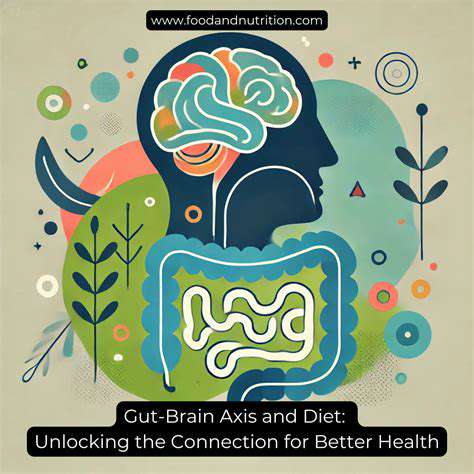
Read more about The Link Between Gut Health and Mental Well being
Hot Recommendations
- AI Driven Personalized Sleep Training for Chronic Insomnia
- AI Driven Personalization for Sustainable Stress Management
- Your Personalized Guide to Overcoming Limiting Beliefs
- Understanding Gender Dysphoria and Mental Health Support
- The Power of Advocacy: Mental Health Initiatives Reshaping Society
- Building a Personalized Self Compassion Practice for Self Worth
- The Ethics of AI in Mental Wellness: What You Need to Know
- AI Driven Insights into Your Unique Stress Triggers for Personalized Management
- Beyond Awareness: Actionable Mental Health Initiatives for Lasting Impact
- Creating a Personalized Sleep Hygiene Plan for Shift Workers

